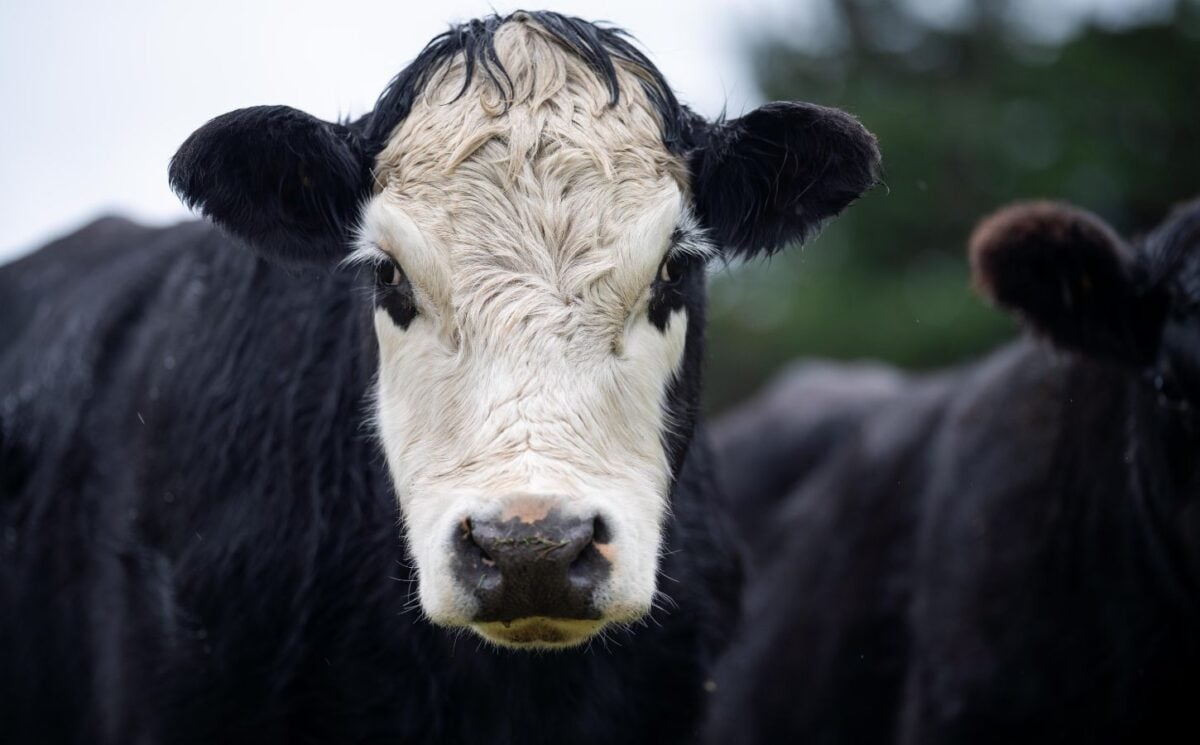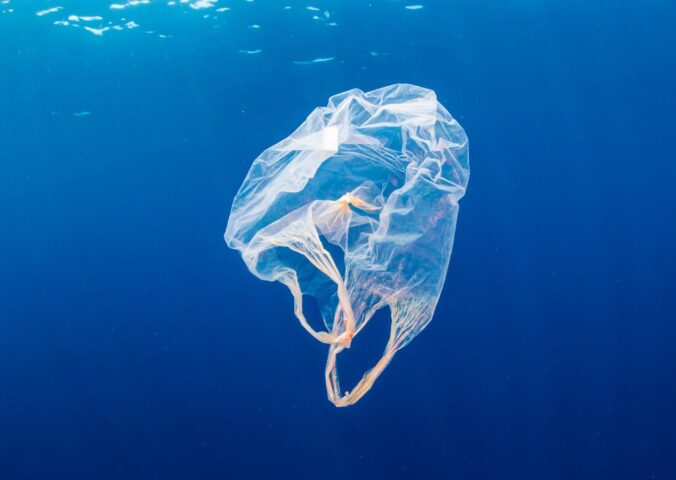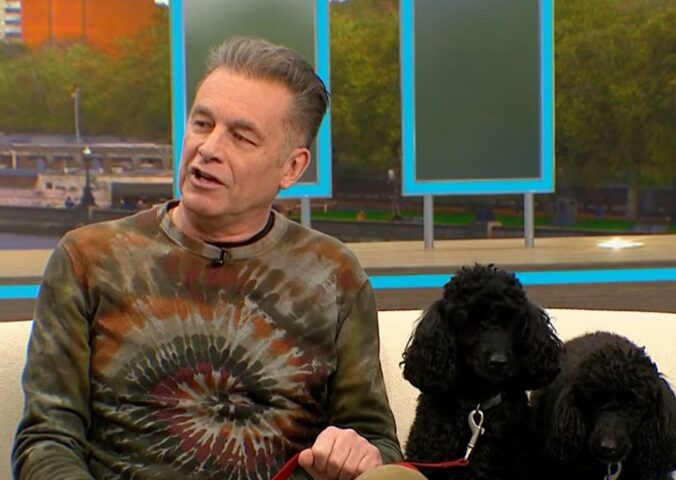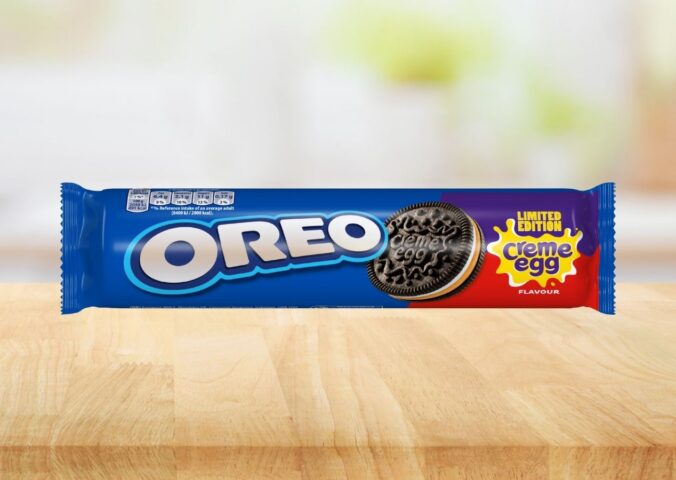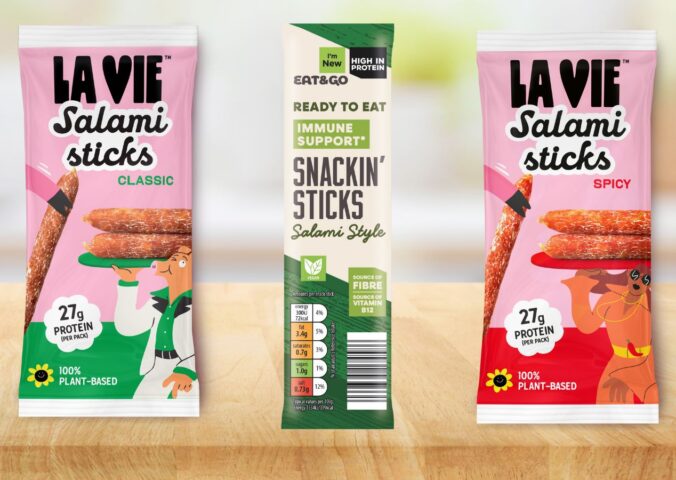Banks are pouring more money than ever before into industrial meat and dairy companies, according to a new report.
Since the Paris Climate Agreement (a treaty aiming to limit global heating to 1.5C) was signed in 2015, global banks and financiers have handed over USD $615 billion to 55 companies including JBS, Tyson, and Marfrig. The report shows that this financing has been going up, increasing overall by 15 percent in the years 2019 and 2022 compared to the 2015 to 2018 time period.
Banks are “fuelling the expansion” of polluting meat and dairy companies, said Martin Bowman, senior policy and campaigns manager at Feedback, which produced the report. This is “despite the science being clear that to avert climate crisis, we urgently need a just transition to lower production and consumption of meat and dairy, particularly in higher-income countries,” he said in a statement.
The report, Still Butchering the Planet, is an update to 2020 report which first mapped the flow of money to the world’s biggest meat and dairy producers.
UK and US banks top list
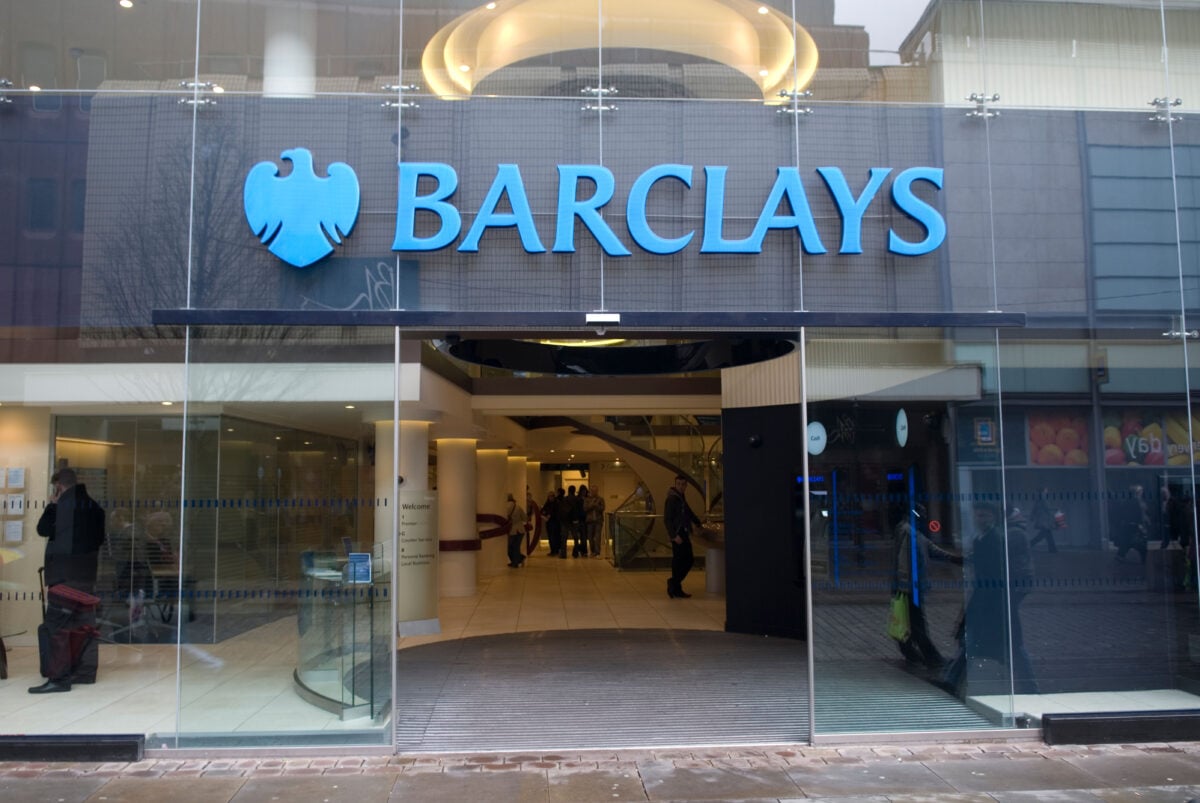
Bank of America and Barclays are the worst offenders among the banks, the report says, each having poured $28 billion into meat and dairy companies between 2015 and 2022.
The report found that Barclays is the largest global creditor to meat giant JBS, providing the company with credit of $6.7 billion since 2015.
US banks have also provided billions to some of the most polluting of the meat and dairy companies. Morgan Stanley is the largest global creditor to Tyson Foods. Cargill’s top five creditors include JP Morgan Chase, Bank of America, and Citigroup, which provided Cargill with a combined $11 billion since 2015.
Banks are not the only ones funding the growth of meat and dairy production. Investment companies have pumped even more money into the industry. BlackRock, the world’s largest asset manager, provided a total of $37.8 billion between 2015 and 2022. Meanwhile, Vanguard and Capital Group each provided more than $20 billion.
Funding at odds with policies
The report shows that by financing companies such as JBS, banks and investors may be breaching their own environmental policies. Several of the largest meat and dairy financiers have policies on supporting “sustainable agriculture” and reducing emissions.
For example, HSBC’s Agricultural Commodities Policy states that the bank will “not knowingly provide financial services to high-risk customers involved directly in or sourcing from suppliers involved in deforestation” including those involved in “cattle ranching.”
But HSBC gave more than $2 billion in total to Marfrig and Minerva, two of the biggest beef companies in South America, between 2015 and 2022. Both companies were linked to thousands of hectares of deforestation between 2019 and 2021.
“Without matching their words with action, financial institutions are simply greenwashing,” Feedback says in the report.
Funding at odds with climate science
The increase in financing for meat and dairy companies is also at odds with climate science. The meat and dairy industry is responsible for about 16.5 percent of human-caused greenhouse gas emissions globally. Most climate scientists agree that meat and dairy production needs to decrease in order to stop humanity from breaching dangerous temperature rises.
Yet, according to the Feedback report, total global meat production increased by 9 percent between 2015 and 2021. Dairy production also increased by 13 percent in that time period.
The report says that credit from banks and investors “is designed to help companies expand.” As such financing from banks like Barclays and investors like BlackRock “has helped drive a huge and unsustainable increase in global meat and dairy production.”
“Industrial livestock companies are incompatible with a safe future for our planet,” said Bowman. “So it’s time for banks and investors to turn off the taps and stop providing the finance that is enabling them to grow.”
